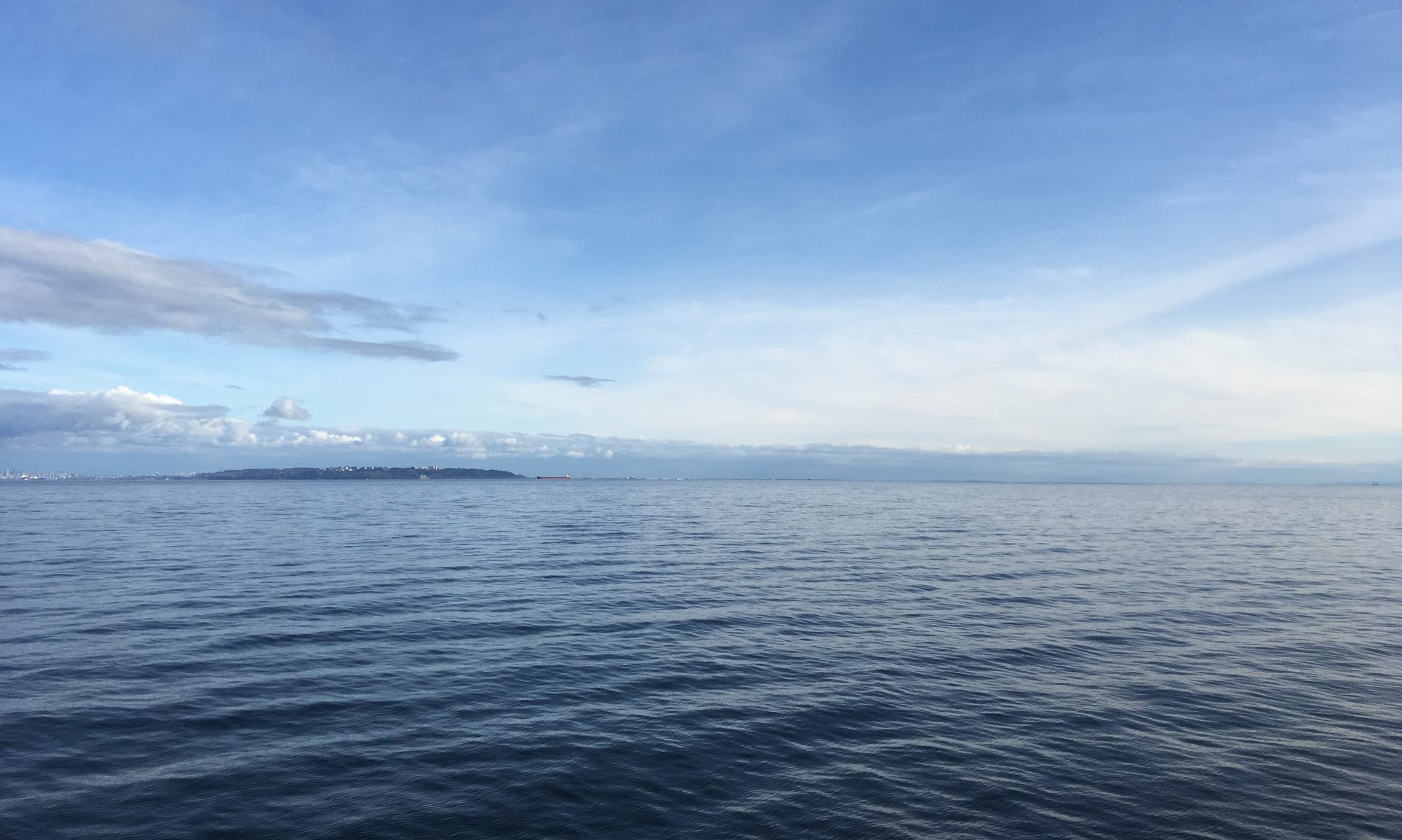FORESTS
This is the first of three framing reflections based on my experiences in Liberal Studies 100 which is the introductory core course for the LSBA degree program at Capilano University. This semester, Liberal Studies 100 was composed of three modules each covering a different topic. The theme of inquiry for the first module was forests and this is a reflection on my experiences working with this theme.
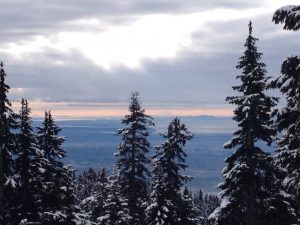
We opened the semester with an exploration of different views on the forestry industry. Despite some differences in opinion, there seemed to be a general consensus among all the authors that sustainability is a standard which must be met by the forestry industry or it will cease to exist. Each author offered different, specific suggestions on how to create, implement, and maintain forestry practice models which meet this standard. As I was reading through all of these comprehensive articles, I realized how little I know about how the forestry industry operates in British Columbia and I began to ask myself whether British Columbia has implemented the basic practices of sustainable forestry as outlined in The Rainforest Alliance’s Sustainable Forestry 101 article and about the degree to which First Nations groups are consulted in forestry decisions.
What truly struck me was the immense power and potential the forestry industry holds to either protect and nurture a vital, renewable natural resource, through careful stewardship, or to compromise and destroy ecosystems, needed by various forms of life for their sustenance and survival, through mismanagement or abuse. I gained a greater understanding of the complexity and importance of natural ecosystems through two articles we read as a class; The Wood Wide Web, published in The Atlantic, and a study called The Effects of Salmon-Derived Nitrogen on Riparian Forest Growth and Implications for Stream Productivity, published in the Ecology Society of America’s Ecology journal. Both articles illustrate the interconnectedness of the natural world and explain how scientists are working to uncover the means of connection between trees and to understand the mutually beneficial relationship between salmon productivity and forest growth. The notion that the health of one element of a forest necessarily has an impact on the rest of the forest is a fascinating one with profound impacts on how I view myself and the world around me.
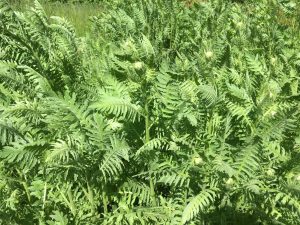
The following week, the discourse shifted from industry to the relationship between forests and education. A piece by Leanne Simpson Betasamosake called Land as Pedagogy prompted a robust class discussion about the differences between the Anishnaabe worldview Betasamosake presents and the western, colonial paradigm we have been working within as learners in the Canadian educational system. We discussed some of the strengths and benefits of the Anishnaabe approach to knowledge and the challenges that the dramatic cultural shift Betasamosake argues for would pose to the current Canadian system. As someone who has been in and out of the mainstream school system throughout my life, I can appreciate her radical approach as I see many problems with the system as it stands and feel strongly that a radical shift is needed for the system to better meet the needs of those people it’s meant to serve.
One thing I found particularly provocative and interesting about Betasamosake’s piece is her claim that the academy is not worth indigenizing and that it is a futile and misguided effort. Betasamosake’s thoughts raised some questions, for me, about what the “Indigenizing the Academy” means, how and where it’s currently being attempted, and how successful these attempts have been in meeting their aims. I felt the discussion was especially relevant in light of Truth and Reconciliation week taking place on campus at that time.
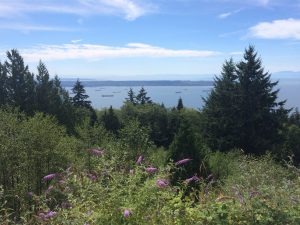
Before attending one of the events being held for Truth and Reconciliation week, as a class, our discussion of forests and education led us into a brief study of forest school pedagogy. Our instructors combined an indoor lesson on the history and principles of forest school pedagogy with an outdoor trial class in a wooded area on campus allowing us to experience forest school pedagogy first-hand. Before our forest school class began, we were read a passage from David George Haskell’s The Forest Unseen called October 5th- Alarm Waves which transported us into the mindset of passive observers of the forest. I have never experienced that level of physical relaxation in a school setting ever before. Despite a very loud concert being held on campus, which certainly compromised the tranquility, the sounds and smells of the woods put my mind at ease and allowed me to sit among the trees in silence and let questions flow madly through my mind. I asked myself about how the birds and bugs and trees felt about all the noise and how their lives were affected, I asked myself about what led me to stop where I had to sit, and I wondered how different my thinking would be if I had been encouraged and trained to do this kind of observation and inquiry outdoors from a younger age. I had a great sense of my inhibitions in that context and heard that sensation echoed in my fellow classmates reactions after the forest class concluded. Most of us needed time to adjust to the strangeness of the experience.
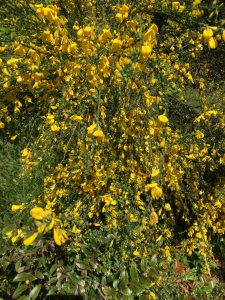
All of our readings by Indigenous authors on industry and pedagogy and the Truth and Reconciliation Comission’s Calls to Action helped us to contextualize the events being held on campus for Truth and Reconciliation week. The event we attended as a class was a joint lecture between Squamish Elder Latash and Tim Schouls, a Political Studies faculty member. The topic of the talk was “Truth, Reconciliation, Law, and Politics”. This was the first time I’d ever heard an instructor openly question whether the law is actually equipped to deal with the resolution of Indigenous issues (including, but not limited to : the Indian Act, sovereignty issues, and treaty negotiations). I have often wondered this myself, but it felt liberating to hear out loud in an academic lecture setting. Elder Latash shared the wisdom of his parents who taught him that “a bad law is always a bad law and if you see a bad law, you have to work to change it”. These words encouraged me, as I situate my scholarly work in the critical paradigm, that my work is worthwhile and could eventually lead to positive change.
